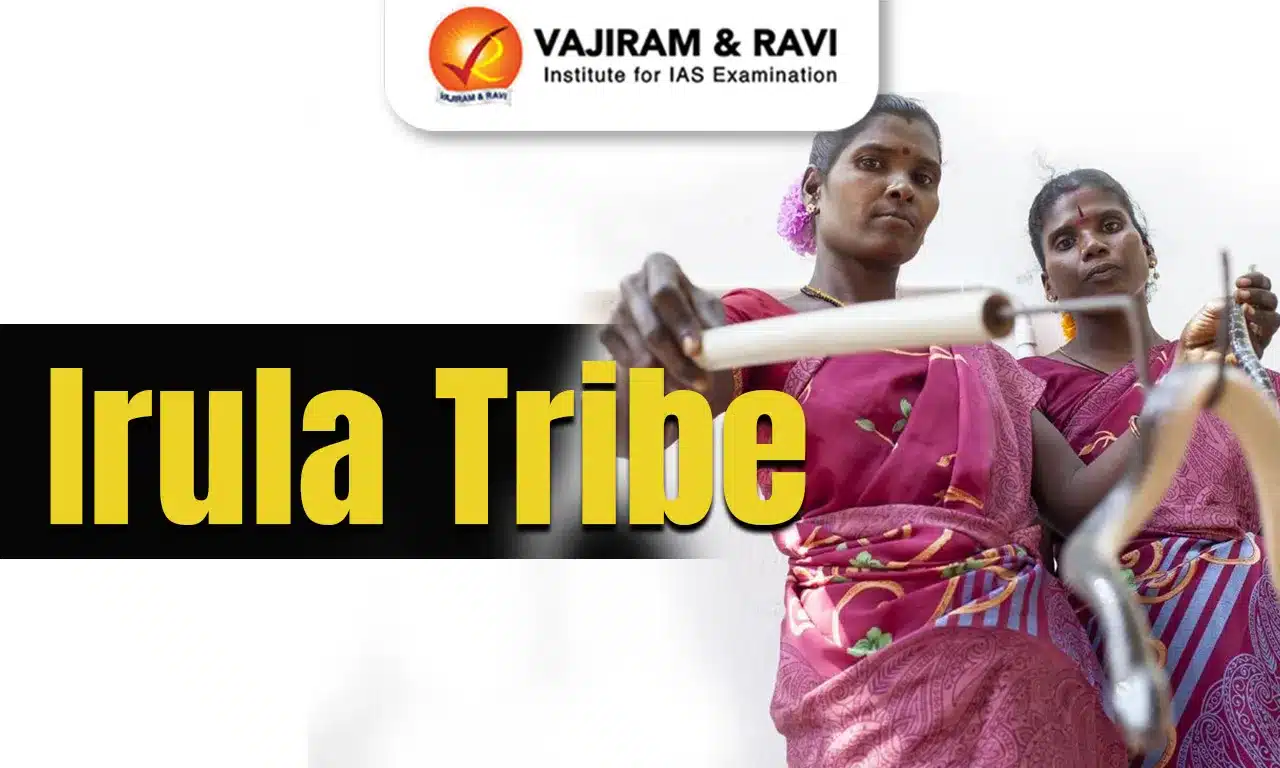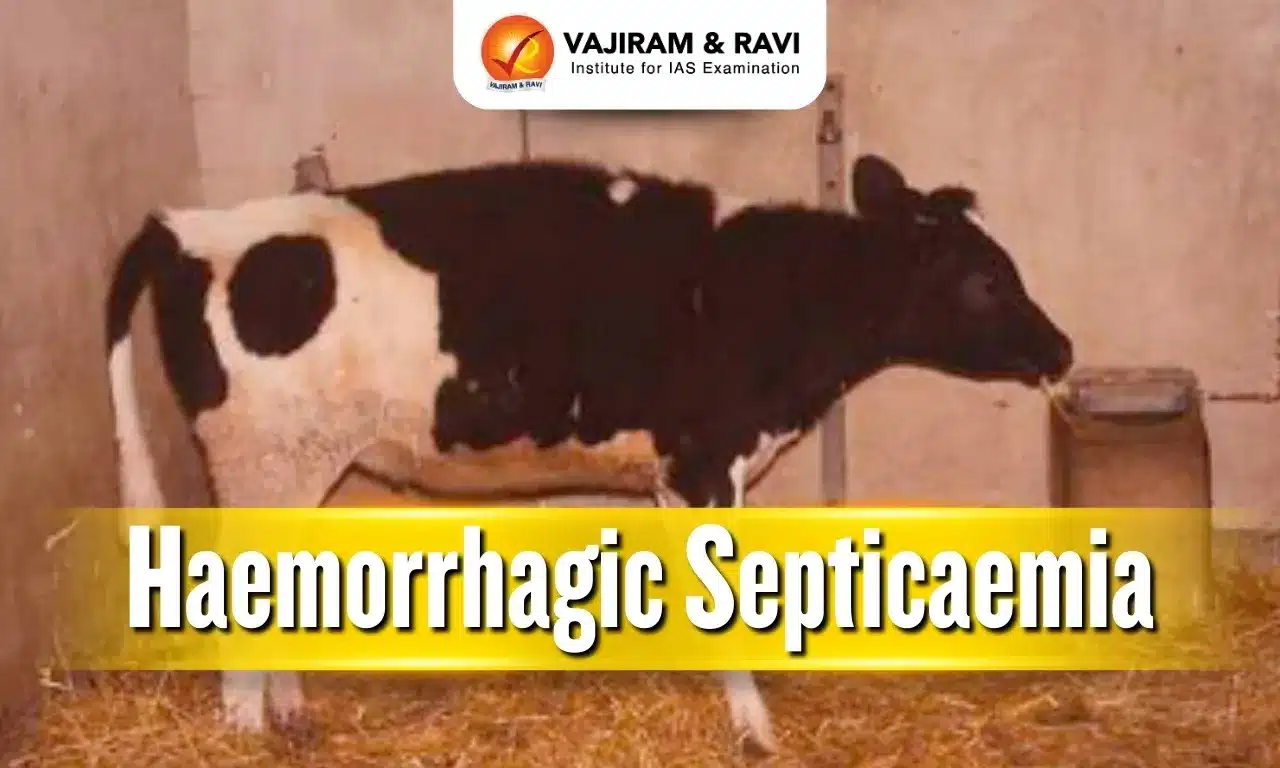Irula Tribe Latest News
In Tamil Nadu’s Kunnapattu, Irula families who have lived on the land for generations face eviction and denial of rights, as nearly half remain without legal ownership or recognition.
About Irula Tribe
- The Irula, a Dravidian ethnic group, reside in the Nilgiri Mountains of the Western Ghats, spread across Tamil Nadu and Kerala.
- They are one of India’s oldest indigenous communities.
- They are Tamil Nadu’s second largest Adivasi community.
- They are classified under the “Particularly Vulnerable Tribal Groups” category in Tamil Nadu.
- They also call themselves Erlar or Poosari, while their neighbours refer to them as Eralollu, Irulas, Shikari and Pujari.
- Language: They speak Irula, which is related to Dravidian languages like Tamil and Kannada.
- Religious Beliefs:
- The Irula people don’t have a definite god for them. They are pantheists who make provision for the presence of spirits in humans and objects.
- Their main deity is a virgin goddess called Kanniamma, who is deeply associated with the cobra.
- Irula houses are built together in small settlements or villages called mottas. The mottas are usually situated on the edges of steep hills and are surrounded by a few dry fields, gardens, and forests or plantations.
- The Irula community is traditionally associated with healing, traditional medicine, and catching poisonous snakes.
- Cattle production is another source of income. In the forests they collect wild resources like honey, frankincense, firewood and the like.
- Irulas’ knowledge of snakes and snake venom is legendary. They can even locate snakes based on their tracks, smell, and droppings.
- They use traditional knowledge and skills to catch snakes, extract venom, and release the snakes back into the wild without harming them.
- The Irula Snake Catchers’ Industrial Cooperative Society is a major producer of anti-snake venom (ASV) in the country. It supplies almost 80 percent of the venom that goes into making anti-venom in India.
Irula Tribe FAQs
Q1: What is the Irula tribe famous for?
Ans: They are known for their ancient and intimate knowledge of snakes
Q2: What is the religion of the Irular tribe?
Ans: They practice both traditional Hinduism and pantheism.
Q3: Where do the Irula tribe primarily reside?
Ans: Nilgiri Mountains of the Western Ghats
Source: NEWM
Last updated on November, 2025
→ Check out the latest UPSC Syllabus 2026 here.
→ Join Vajiram & Ravi’s Interview Guidance Programme for expert help to crack your final UPSC stage.
→ UPSC Mains Result 2025 is now out.
→ UPSC Notification 2026 is scheduled to be released on January 14, 2026.
→ UPSC Calendar 2026 is released on 15th May, 2025.
→ The UPSC Vacancy 2025 were released 1129, out of which 979 were for UPSC CSE and remaining 150 are for UPSC IFoS.
→ UPSC Prelims 2026 will be conducted on 24th May, 2026 & UPSC Mains 2026 will be conducted on 21st August 2026.
→ The UPSC Selection Process is of 3 stages-Prelims, Mains and Interview.
→ UPSC Result 2024 is released with latest UPSC Marksheet 2024. Check Now!
→ UPSC Prelims Result 2025 is out now for the CSE held on 25 May 2025.
→ UPSC Toppers List 2024 is released now. Shakti Dubey is UPSC AIR 1 2024 Topper.
→ UPSC Prelims Question Paper 2025 and Unofficial Prelims Answer Key 2025 are available now.
→ UPSC Mains Question Paper 2025 is out for Essay, GS 1, 2, 3 & GS 4.
→ UPSC Mains Indian Language Question Paper 2025 is now out.
→ UPSC Mains Optional Question Paper 2025 is now out.
→ Also check Best IAS Coaching in Delhi
Tags: irula tribe prelims pointers upsc current affairs upsc prelims current affiars

















